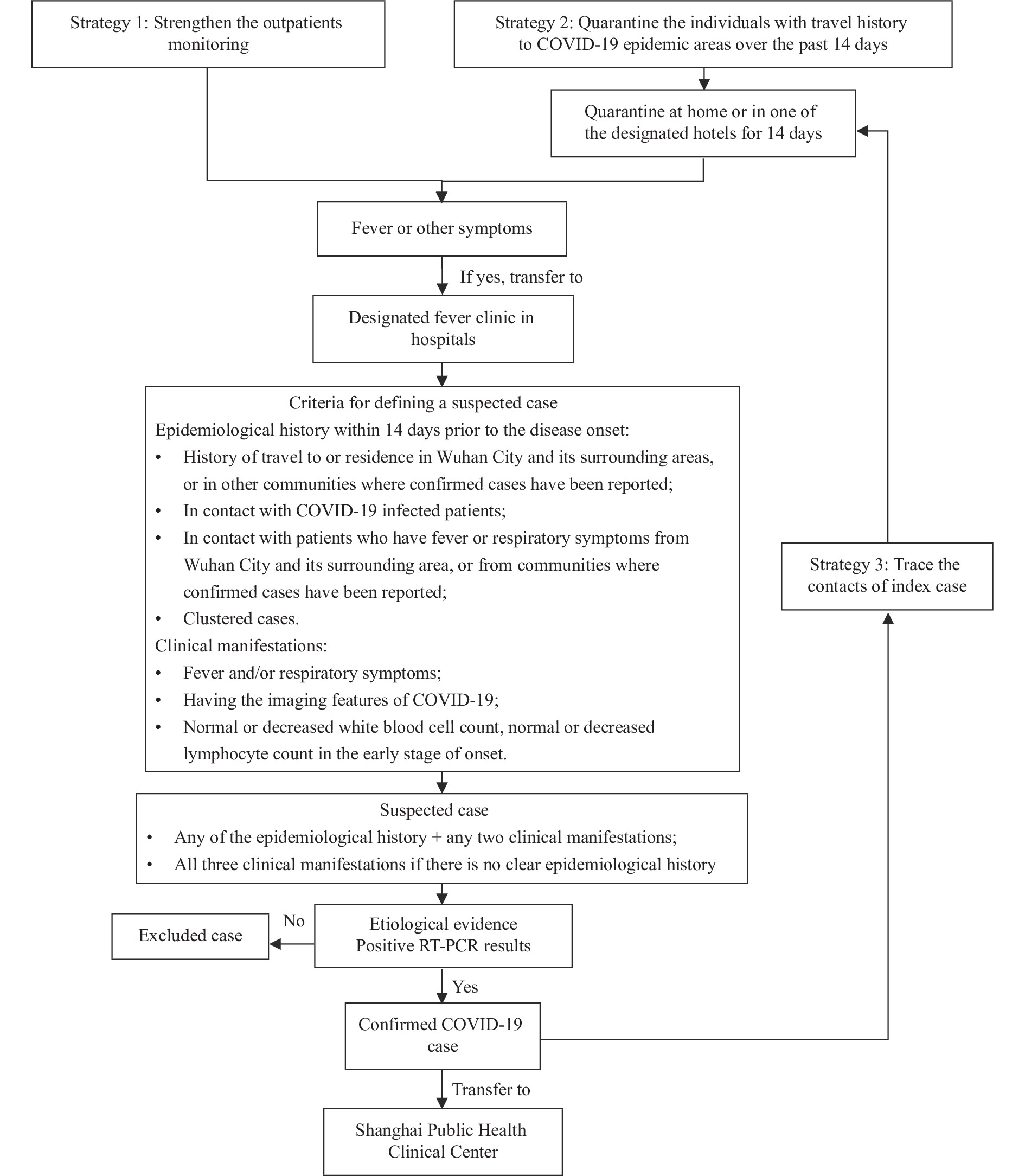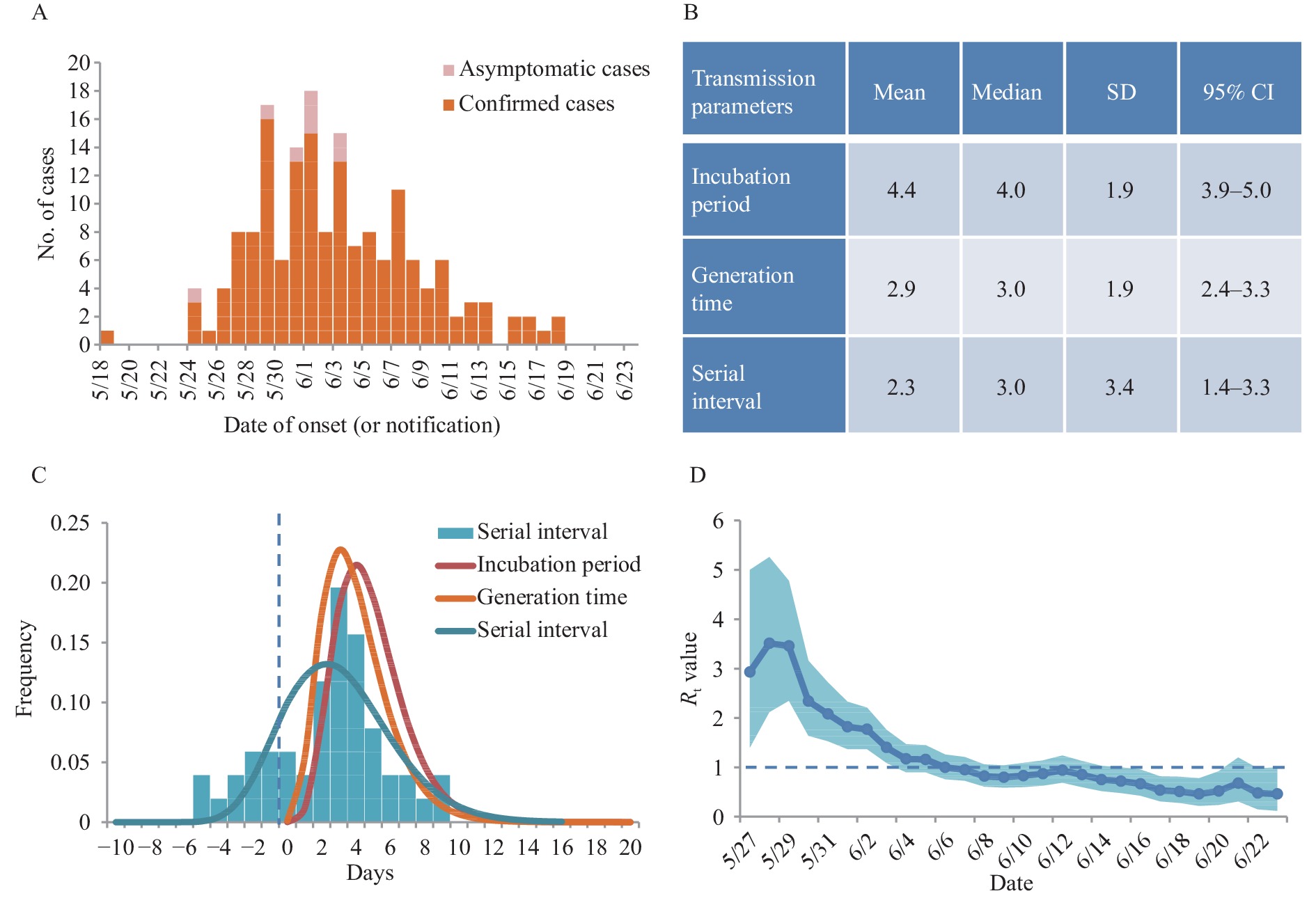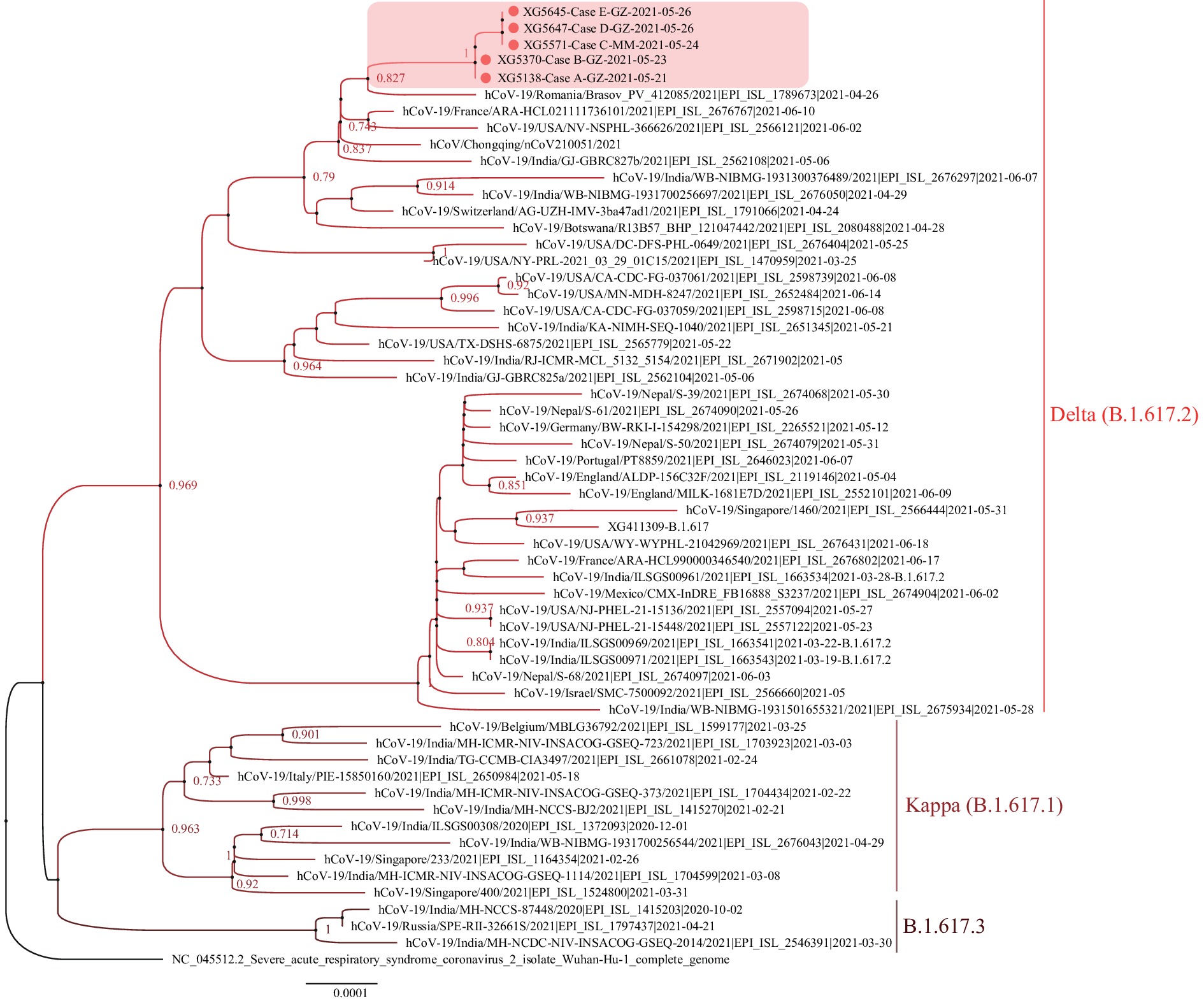2021 Vol. 3, No. 27
What is already known about this topic?
The coronavirus disease 2019 (COVID-19) vaccine development has been progressing, but acceptance of the new vaccines by healthcare workers (HCWs) was not well known prior to approval of COVID-19 vaccines in China.
What is added by this report?
This study found that before vaccine approval, Beijing HCWs expressed moderate willingness to get vaccinated. Factors positively influencing willingness included free vaccination and belief that the vaccine had been fully evaluated. A negatively influencing factor was presence of an underlying disease. Trust in vaccines, in general, was positively associated with willingness to get new vaccines.
What are the implications for public health practice?
COVID-19 vaccines should be provided at no cost to HCWs. Effective measures should be taken to enhance the acceptance of COVID-19 vaccination among HCWs in China.
What is already known on this topic?
The demand for containing the virus and protecting the economy is high on the agenda of policymakers during the coronavirus disease 2019 (COVID-19) pandemic. Modelling studies indicated that highly effective contact tracing and case isolation were enough to contain the spread of COVID-19 at the early stages, but this has not been validated in real world contexts.
What is added by this report?
Integrated case finding approaches, including outpatient monitoring, exposed people quarantining, and contact tracing, effectively contained the spread of COVID-19 in a densely populated district in Shanghai Municipality, China. Active case-finding involving quarantine of exposed persons and contact tracing could reduce the time from symptom onset to COVID-19 diagnosis, thus reducing the risk of local transmission.
What are the implications for public health practice?
Active case-finding should be prioritized as an effective approach to minimize the risk of local transmission in future pandemics. Integrated COVID-19 case finding approaches applied in Shanghai may inform public health policy in other regions where strict lockdown is not applicable.



 Subscribe for E-mail Alerts
Subscribe for E-mail Alerts CCDC Weekly RSS Feed
CCDC Weekly RSS Feed

